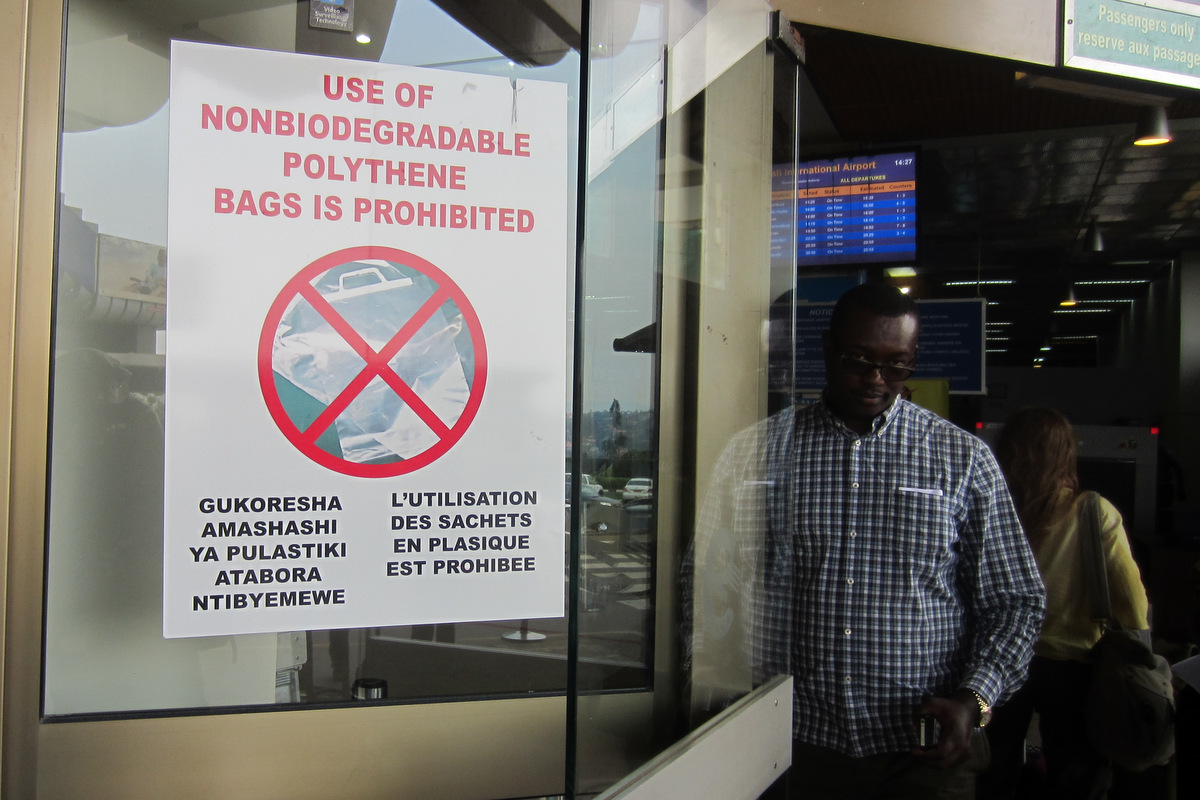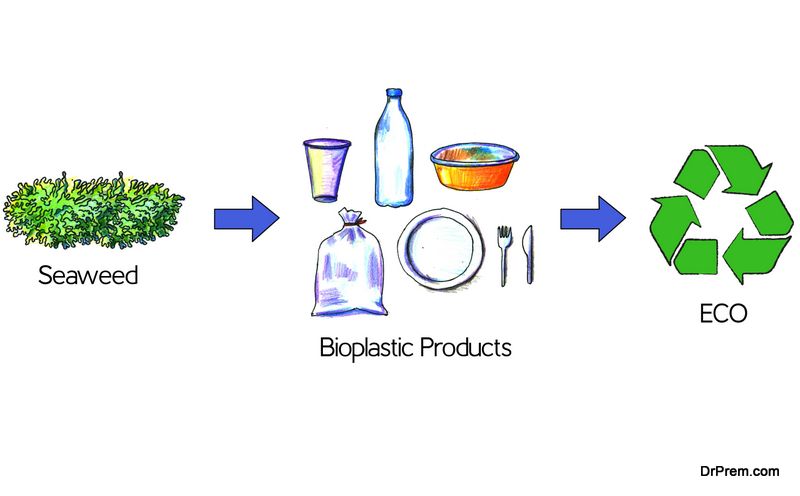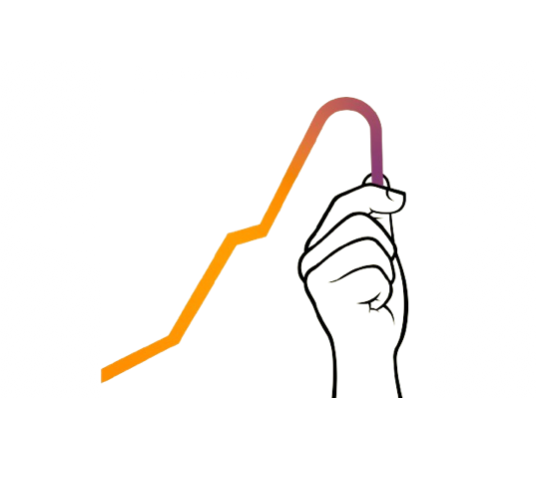
Despite the many advantages of single-use-plastic, we cannot ignore its negative effects. While the major cause of the pollution is single-use-plastic combined with our mentality of use and throw, not all plastics are single-use in the short term. Plastic is more than just water bottles, straws and plastic bags, it has a wide range of use which makes it an integral part of our lives. From thermal garments to plastics being used for almost every packaging material trainers and mattresses to even being used in industrial components. These wide-ranging applications make plastic a significant part of our everyday life. A blanket ban on plastic would be unfeasible but helping to curb the improper use of plastic is an important responsibility every person must take.
However, there are more customers every day than yesterday in order to reduce the culture of throwaway , they are becoming more waste-conscious, turning to reusable cups and eco-friendly items. As a result many people, countries, cities and even countries have declared war on plastics. Given below are some of the many initiatives taken by the private sector and by the society to make the world a cleaner place to live in.
- Rwanda , country without plastic

Rwanda is an international pioneer in the battle against plastic waste. Since 2008 the government has made it illegal to import, sell or possess plastic bags. If done so, the offenders face high fines and even imprisonment. The East African country raises awareness of environmental protection through media campaigns and also by teaching students about the importance of environment protection. The last Saturday of every month is celebrated as Umuganda Day when citizens are encouraged to collect garbage and plant trees.
- Plastic Worth 6 Cents

A project in Great Britain has proven that plastic waste can be significantly reduced provided consumers have to pay for plastic bags. Supermarkets in Great Britain started charging 6 cents for every plastic bag in 2015. According to a study, the consumption of plastic bags in the UK sharply fell by more than 80% since then. Saving an equivalent of around 65.6 million euros in the disposal of waste. Germany too after applying the same strategy has also seen a fall in the consumption of plastic bags by 64% since 2015.
- Bioplastics For Disposal

In the era of takeaways, food deliveries, disposable cutleries and packaging the amount of plastic rubbish has skyrocketed. European Union plans to ban the single-use-plastic from 2021. Also, more and more companies are looking for ecological ways to tackle this problem. Scientists have come up with an alternative for single-use-plastic. These alternatives are generally made up of bioplastic polylactic acid or PLA for short. They are less resistant to heat and also biodegradable unlike plastic
- Edible Water Bubble

While many scientists are looking for alternatives for single-use-plastic, the Britain Skipping Rocks Lab, a startup has developed PET bottles which are small edible bubbles of seaweed filled with water. Right now the technology only works with small bubbles of water but the startup is working hard towards their ideas and hopes to offer larger containers in future.
- Plastic Free Oceans

Studies say that an estimate of 13000 and 35000 tonnes of plastic waste gets dumped into the oceans every day. The programme initiated by the US Ocean Conservancy called ‘International Coastal Cleanup Day’ takes place every year in the month of September when volunteers from 100 different countries clean up coasts and shores. Volunteers from companies like DELL, HP, etc. hire people near the coast to collect plastic waste to keep it from making its way into the oceans.

